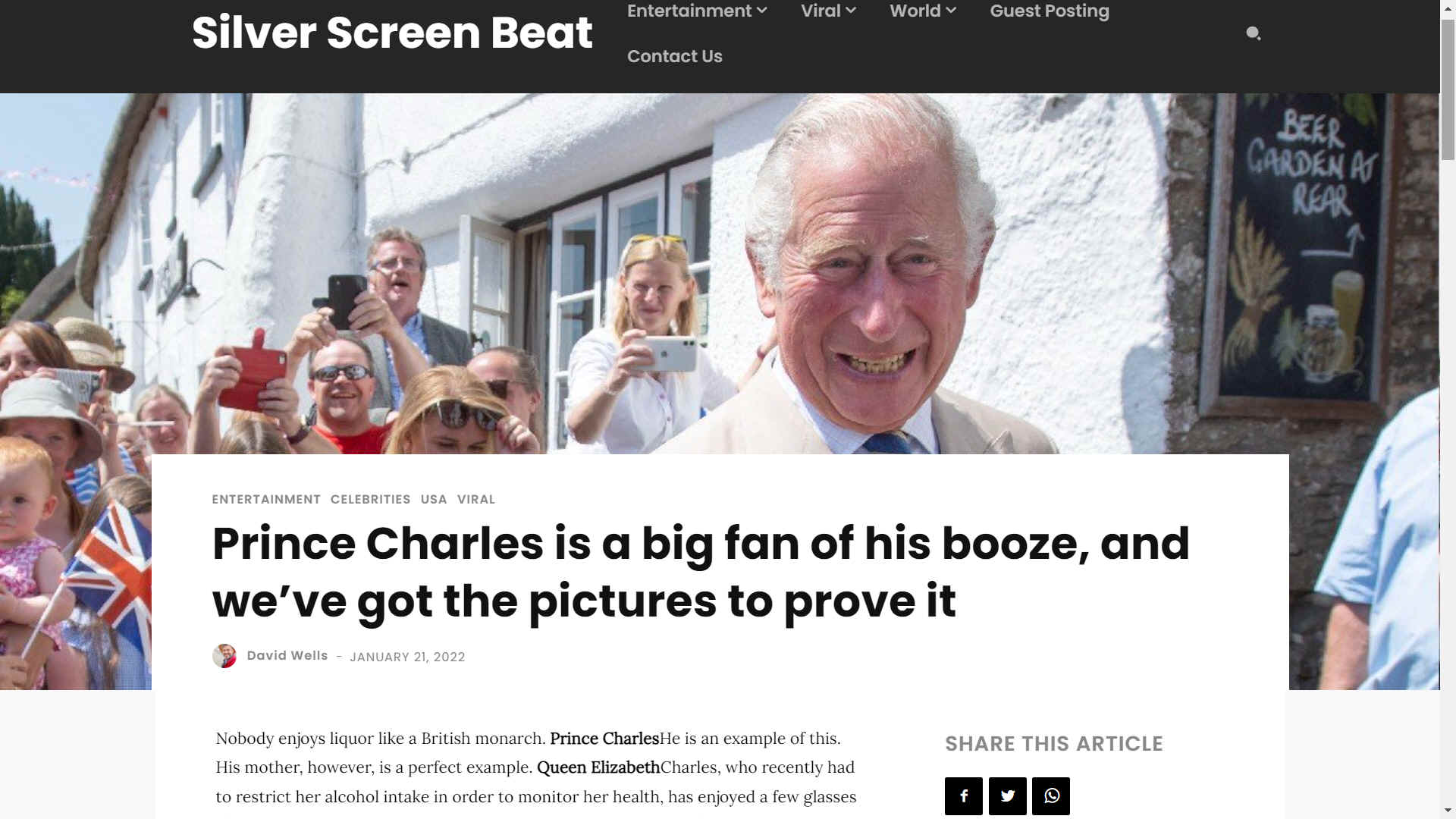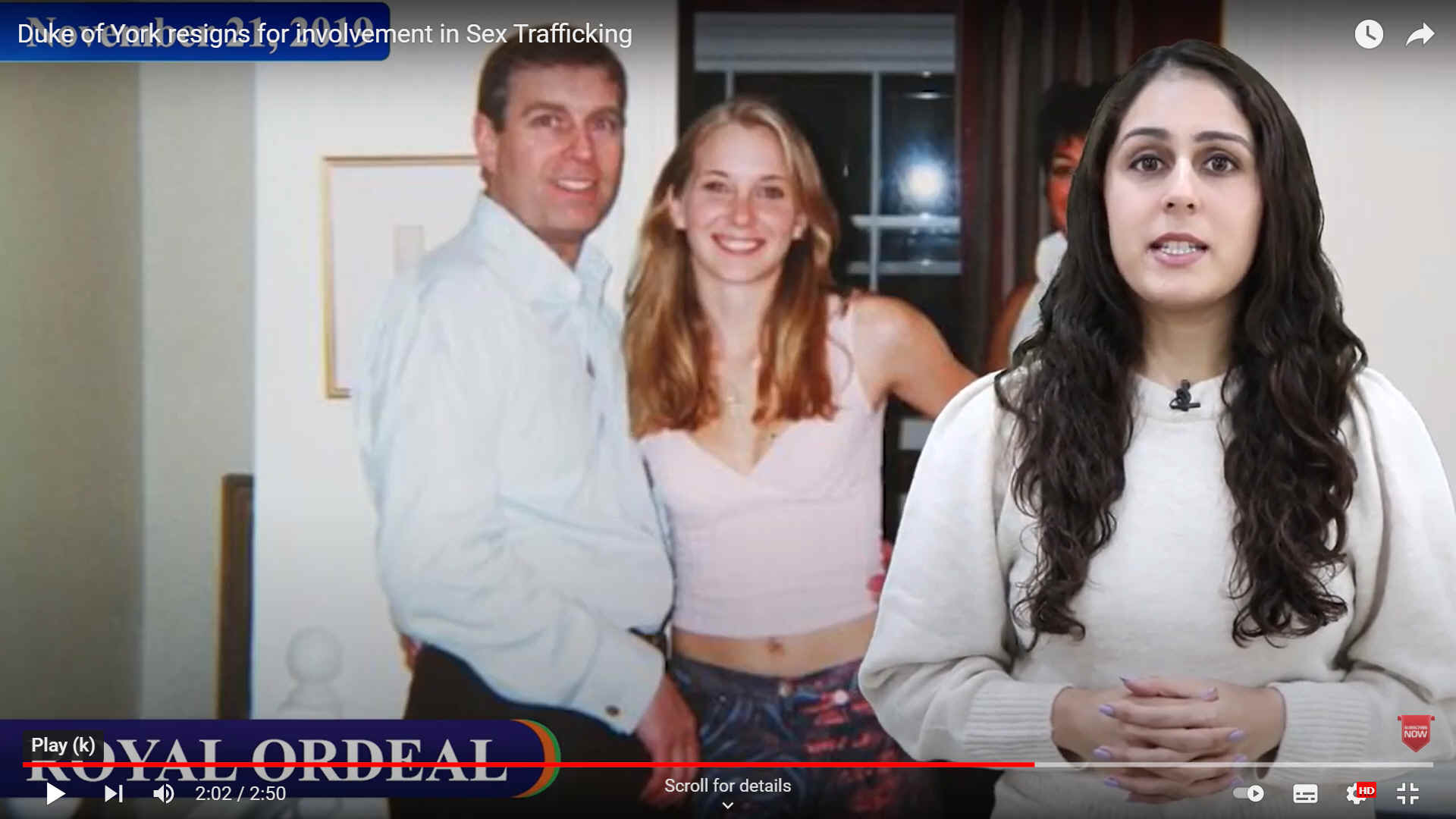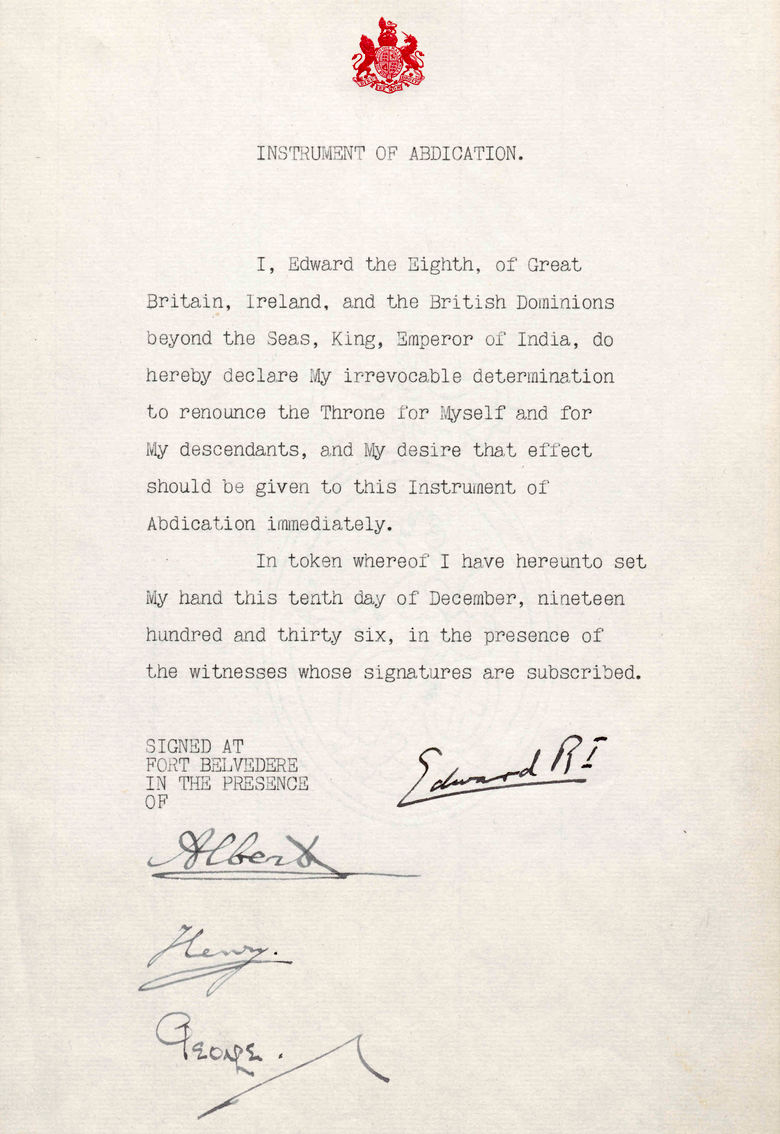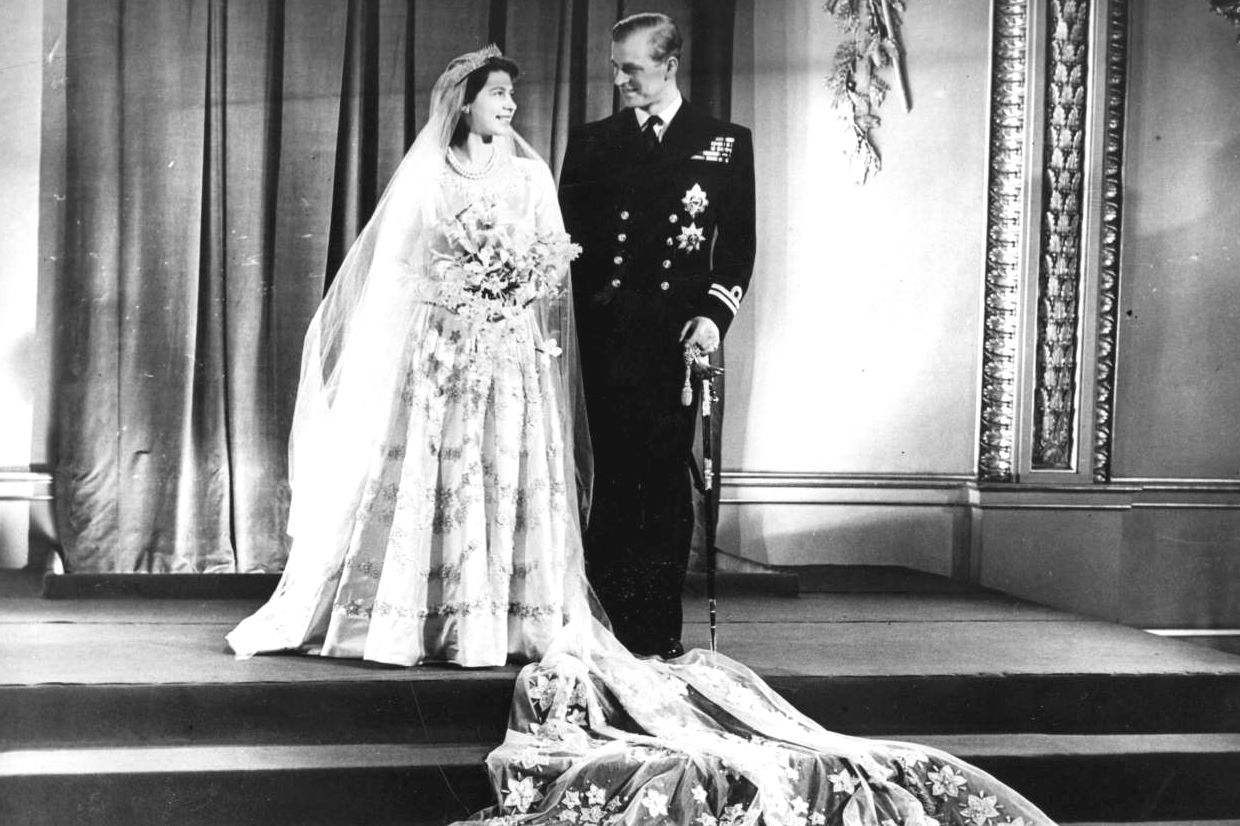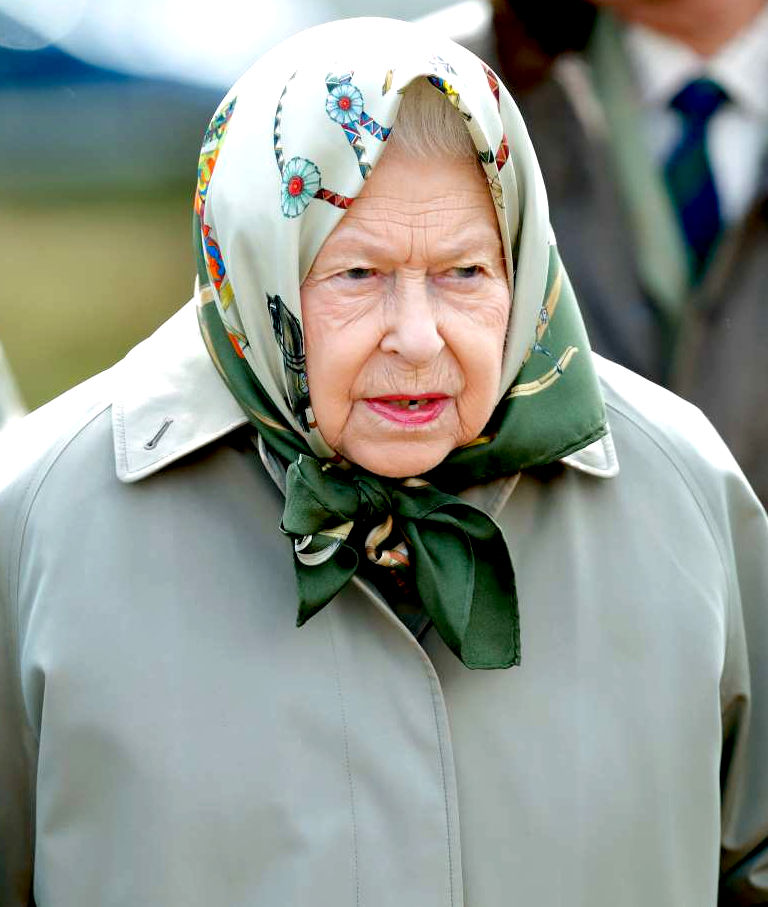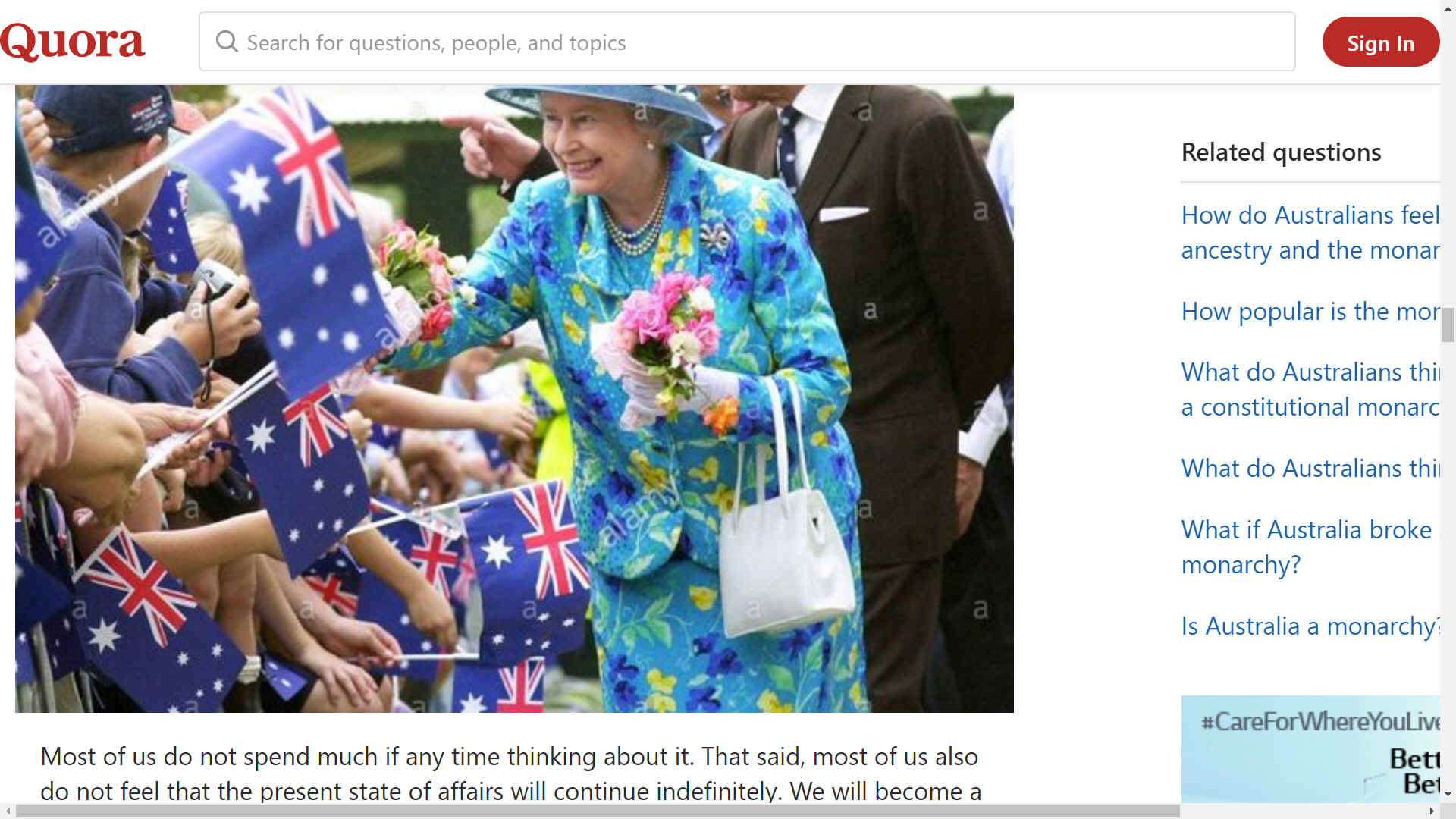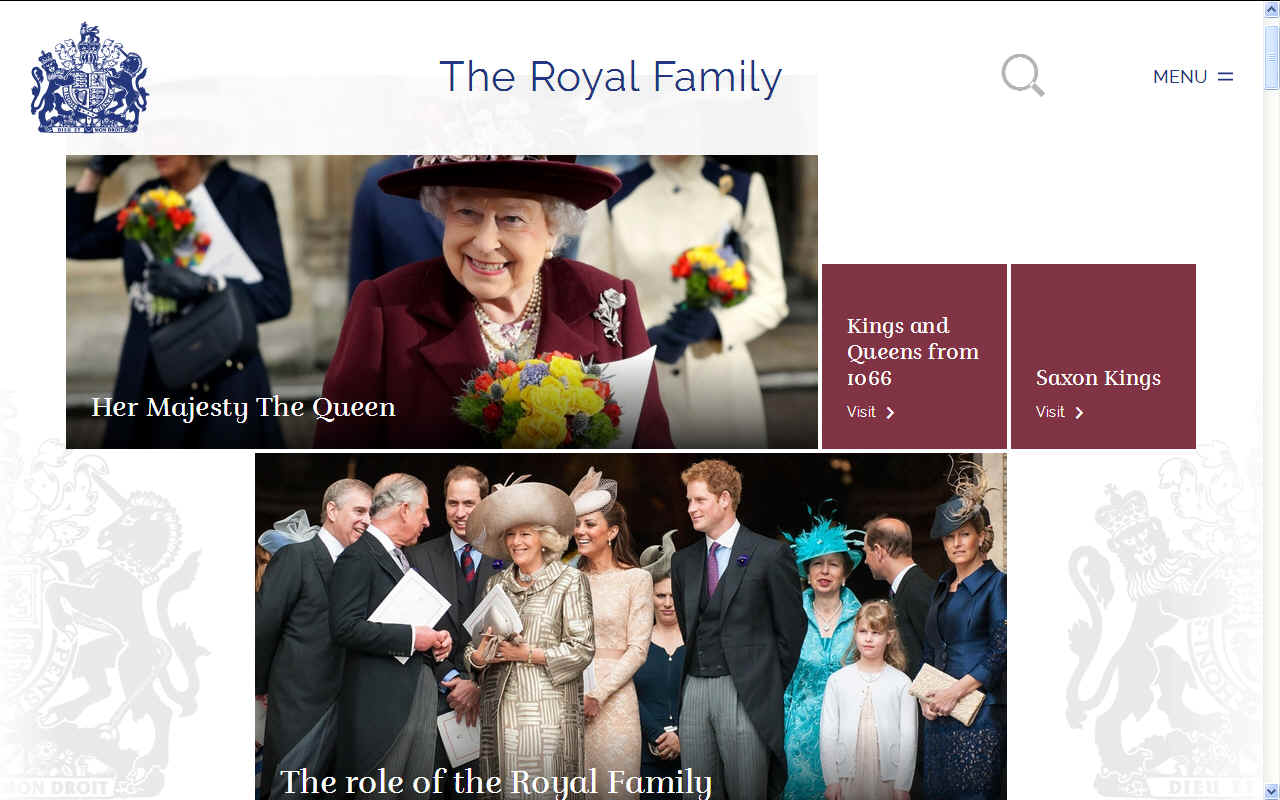|
IS IT TIME FOR A REFERENDUM?
Please use our A-Z INDEX to navigate this site or see our HOMEPAGE
|
|
Is the future King an alcoholic? British injustices may eventually come home to roost as Brits, Australians and other Commonwealth nations realize the scale of abuses domestically, most especially the way the police operate as a form of Gestapo, to quash the reporting of crimes. The latest scandal being the award of KG to Tony Blair, having been accused of war crimes. It does not help that Prince Charles appears to be mixed up in a charity scandal and that prince Andrew is ducking and diving amid a sex scandal. With Harry and Megan absent, that leaves William and Kate, and although they do good works on the environmental front, it is alleged that they are unlikely to reform the UK, but rather carry on, business as usual.
Another bone of contention is Boris Johnson being caught lying about proroguing of parliament, leaving the system wide open, and demonstrably corrupt to the core, along with part time politicians who are actually working elsewhere on the time the taxpayer has paid for.
It is alleged that Council's in England have been allowed to ruin citizens lives with lies as to history and institutionalised discrimination, as malicious vendettas, with the Crown failing to address the injustices persistently, hence, being part of the system. Or, indeed, sanctioning a system based on cronyism - making great efforts to deny the people an effective remedy. The present governance is not climate friendly, and has shown it cannot provide an effective administration where those in England may not understand what is happening and the State is working to keep it's slaves in the dark.
Apart from the expense of supporting the Royals, there are many good reasons for replacing the present Constitutional Monarchy, headed by the 95 year old Queen Elizabeth II - as no longer fit for purpose.
Don't get us wrong, we kind of like Elizabeth II, what she has lived through, and how much she has seen during her time as the Queen - excepting the level of corruption from the honours and secret society systems that are held to be invasive and infectious.
But things will never be the same, and to our mind she should be the last to not fully understand her subjects and stand up for their rights under the Universal Declaration, such as to have created generations of financial slaves to a corrupt banking and planning system, and fail to act in the best interests of the people time and again, as with the Poll Tax, and present lack of low cost housing.
The Royals should perhaps be divorced from running of the country with an act to abolish the position as head of state. No more and no less. If possible, and assuming the present sex scandal can be sorted without permanent damage to Britain and British interests, the Royals should be recognised for the part they played historically, in bringing us into the age of circularity, the eve of sustainability - and retire gracefully to a modern democracy and their privately owned properties. There is no need for head lopping as with the violent abolition of the monarchy with Charles I in February 1649.
Though Oliver Cromwell had just cause, in pursuing reform during the Second Civil War.
The departure of Harry and Megan, and the success they have made of their lives. Serves as a model for other former royals, as in carving a career for themselves - against all odds.
Monarchies have been an important part of human history. The kings and queens of the past are an integral part of the national identity for countries that have embraced this form of government. Being interested in a royal family is more than “pop culture.” It is a way to feel connected with other people, express patriotism, and take pride in who that person is and what they do.
The pomp and ceremony - and pride - has now worn very thin with Buckingham Palace, Balmoral and other royal property being associated with the sex trade, as in the scouting and trafficking of young girls during social gatherings, for illegal purposes by Ghislaine Maxwell for Jeffrey Epstein, to satisfy the lust of the former Duke of York, now Andrew Mountbatten-Windsor, that apparently and allegedly, was the subject of a cover up with the US media network ABC from as long ago as 2015 - implicating other royals.
All of this shows a marked lack of judgment on the part of the Queen, in allowing such a situation to develop, along with massive corruption in local authorities - unchecked since 1986 at least.
Just as in the US Supreme Court, British courts are an extension of royal will, controlled by the honours system - providing us with a trail of evidence of awards for covering up constitutional and human rights wrongs, two of the worst being the grant of a lifetime peerage to David Blunkett for legally castrating men, and a KG to Tony Blair, widely criticised for being a war criminal.
The
existence and alleged misuse of the honours system gives us a very good
reason to scrap it. According to Article 6 of the
HRA
1998, European
Convention and Article
10 of the Universal Declaration of Human Rights, a person accused
of a crime must enter a court innocent until proven guilty - and the
court must be an impartial tribunal. Clearly, this is not the case in
the UK with masonic (secret society) infiltration and influence and judges and police
being in-effect bribed by awards given by the State. But not for
justice, more for keeping quiet about injustices. Or, maintaining the statue
quo - to keep the Monarchy looking good: as if their governance is
working. When from the state of the nation, the electorate are clearly up
shit creek without a paddle.
Crimes
committed by a nation against it's own citizens are dealt with by the International
Criminal Court, as per the Rome
Statute. This is where the State concerned refuses to accept they
are acting illegally. Nobody is above the law, including royalty by
birth.
We need to give a paddle back to British voters. To enable them to navigate the present Shit Creek, the United Kingdom has got itself into - where leadership is lax, policies even worse, and the City of London works to launder drug money internationally, allegedly.
The primary disadvantage of a constitutional monarchy is that it requires individuals to be in a position of political power, even if that is not what they want to do. Monarchs gain their position by a rule of succession, so there is no guarantee that the next monarch will be fair, just, or interested in the position.
This has always been the problem with inheritance. Something not earned, but acquired by default is typically squandered - or the beneficiary becomes corrupted as they immerse themselves in the mire they inherit - and revel in the exploitation, rather than square up to it.
The Queen appoints the Prime Minister and all the other Ministers, summons parliament, and gives royal assent to the laws passed by parliament.
The Queen is Commander in Chief of the armed forces, and formally makes the appointment to many senior positions, such as the judges. And that, linked to the honours system, is the rub. In effect giving the monarch absolute control. Only judges who tow the party line, get awards. Those who buck the system as they discover corruption, will not last long as judges. The same applies to Planning Inspectors.
They
will not be rewarded for telling the truth.
The goal of
a monarch in a constitutional monarchy is to stay neutral. Their job isn’t to make the head of the government look great or look bad. The monarch gets out of the way of most political processes to focus on building up the reputation of the country instead.
If that is the goal, the British system missed by a mile.
DRAWBACKS
Changing the rules creates objections within the various layers of government that must be resolved before any internal change would become possible.
REFERENDUMS
Monarchies have survived through commanding the support of their governments, and their people. The most formal way of testing support for the monarchy is through a referendum. Since 1900 there have been 18 referendums on the monarchy in Europe. In Italy and Greece the result went against the monarchy; in Belgium, Denmark, Luxembourg, Norway and Spain it went in favour.
Fresh to the task, in better times. The Duke of Edinburgh was a loyal companion.
INCAPACITY - THE KING & QUEEN'S HEALTH, MORAL JUDGEMENT ABILITIES
At present, retirement could be attained only by resort to regency or abdication, both of which would require commensurate action in all fifteen of the Commonwealth realms where the Queen is head of state.
B. The second is her declaration on her twenty-first birthday that she would serve for her whole life whether it be long or short. She is also said to regard her oath at her coronation as imposing a sacred duty to reign as long as she shall live.
Many people are asking if the Queen at 96, is up to the job. Or, if she is just hanging in there because of the scandals that the Royals now have to deal with, political and sexual. The monarchy has become relatively dysfunctional, as many members of the family may no longer play an active role, and Prince Charles is already past 71, a time when other monarchs tend to pass the baton.
ABDICATION OF PRINCE CHARLES
After ruling for less than one year,
Edward VIII becomes the first English monarch to voluntarily abdicate the throne. He chose to abdicate after the British government, public, and the Church of England condemned his decision to marry the American divorcée Wallis Warfield Simpson.
Under common law, Prince Charles will automatically become King the moment the Queen dies. Prince William could only become King if Prince Charles chose to abdicate. That would require legislation, as happened with the Declaration of Abdication Act 1936. The line of succession is regulated by parliament (as in the Act of Succession 1700, and the Succession to the Crown Act 2013); it can be changed only by parliament and cannot be unilaterally altered by the monarch of the day.
WHAT ABOUT OTHER EUROPEAN MONARCHS?
OTHER SYSTEMS
10
DECEMBER 2021 - CHARITY
WATCHDOG INVESTIGATION PRINCE CHARLES'S SCOTTISH VILLAGE - A charity watchdog has launched an investigation into financial transactions used to bail out the Prince of Wales’s struggling eco-village in Scotland.
The Office of the Scottish Charity Regulator (OSCR) is already examining fundraising practices at the Prince’s Foundation, following allegations that the Prince of Wales' closest former aide
co-ordinated with "fixers" over honours nominations for a Saudi billionaire donor.
Britain
is held to be the most corrupt nation in the world, where it is alleged
to be the drug money laundering capital.
NOW IS THE TIME FOR CHANGE - Under the present system where the Head of State is a royal, and there is no written constitution, politicians like David Cameron and Boris Johnson can lie with impunity - even to Queen Elizabeth - and not face penalties. Police officers can shoot unarmed civilians and not be sent to prison, and planning officers can deceive the Secretaries of State and High Court judges, and not be prosecuted. In effect, it is alleged that there is little justice in England, Northern Ireland, Scotland and Wales. We aver that such machinations are costing the ordinary taxpayer, Treasury and the Crown (being the state) significant sums of money, while adding to the UK's carbon footprint. Hence, the country is not being run effectively by the at present; defective administration, not to serve its citizens, but to sustain and profit itself. Unlike the US Constitution of 1791 that exists to serve the people. The honours system does not help, rather undoing the idea of an award, where some recipients of awards are for not revealing the truth, denying appeals, etc. Rather, then doing anything heroic, creative or scientific.
LINKS & REFERENCE
https://issuecounsel.com/issue-report/australian-republic-vs-monarchy/ https://www.ucl.ac.uk/constitution-unit/research/monarchy-church-and-state/british-monarchy-faqs https://www.ucl.ac.uk/constitution-unit/research/monarchy-church-and-state/british-monarchy-faqs https://issuecounsel.com/issue-report/australian-republic-vs-monarchy/
Please use our A-Z INDEX to navigate this site
|
|
|
This website is provided on a free basis as a public information service. copyright © Injustice Alliance 2022
|
